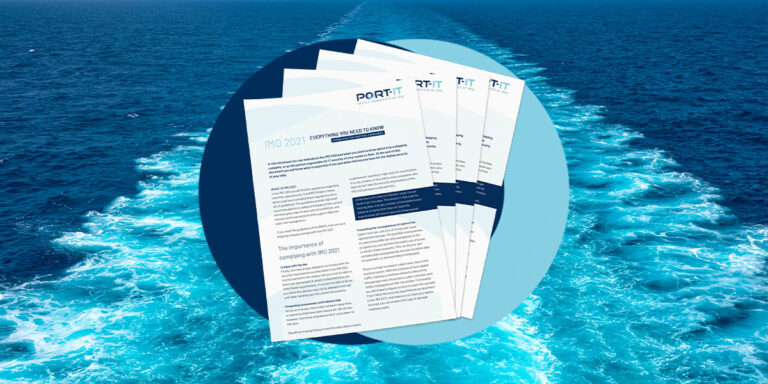IMO Cybersecurity Guidelines
The International Maritime Organization (IMO) is the United Nations agency responsible for the safety, security, and environmental performance of international shipping. In 2017, the IMO recognized the growing threat of cyber-attacks on the shipping industry and introduced a set of guidelines to help vessel owners and operators safeguard their vessels against cyber threats. In this article, we will explore the IMO guidelines on cybersecurity and their importance for the shipping industry.
What are the IMO Cybersecurity Guidelines?
The IMO guidelines on cybersecurity were introduced in 2017 to provide guidance to vessel owners, operators, and crew members on how to protect their vessels from cyber-attacks. The guidelines cover a wide range of topics, including risk management, training, and contingency planning. The guidelines apply to all vessels, regardless of size, type, or function.
The guidelines are divided into three sections: risk management, cybersecurity onboard ships, and contingency planning. The risk management section provides guidance on how to identify and assess cyber risks, while the cybersecurity onboard ships section provides guidance on how to protect vessel systems and data from cyber-attacks. The contingency planning section provides guidance on how to respond to and recover from a cyber-attack.
Why are the IMO Cybersecurity Guidelines important?
Cyber-attacks on the shipping industry can have severe consequences, including disrupting vessel operations, compromising sensitive data, and even putting crew members at risk. In addition to the physical damage that a cyber-attack can cause, there are also financial consequences to consider. A successful cyber-attack on a vessel can result in lost revenue, legal fees, and reputational damage.
The IMO guidelines on cybersecurity are important because they provide a framework for vessel owners and operators to protect their vessels from cyber threats. By following the guidelines, vessel owners and operators can identify and assess cyber risks, implement cybersecurity measures, and develop contingency plans to respond to cyber-attacks. The guidelines help ensure that vessels remain safe, secure, and operational in the face of cyber threats.
How can vessel owners and operators implement the IMO Cybersecurity Guidelines?
To implement the IMO guidelines on cybersecurity, vessel owners and operators should start by conducting a risk assessment to identify and assess cyber risks. This assessment should include an evaluation of vessel systems and data, as well as an assessment of crew training and awareness.
Once the risk assessment is complete, vessel owners and operators should implement cybersecurity measures to protect vessel systems and data from cyber-attacks. This can include measures such as installing firewalls, using strong passwords, and limiting access to critical systems.
Finally, vessel owners and operators should develop contingency plans to respond to and recover from a cyber-attack. This should include procedures for reporting cyber incidents, isolating infected systems, and restoring systems and data.
IMO framework - 5 functions
- Identifying the connected IT devices
- Protecting the IT network
- Detecting any (possible) threats
- Responding and/or acting upon possible threats
- Recovering the network in case so required


IMO 2021 Whitepaper
Learn about the IMO guidelines on cybersecurity and their importance for the maritime industry.

